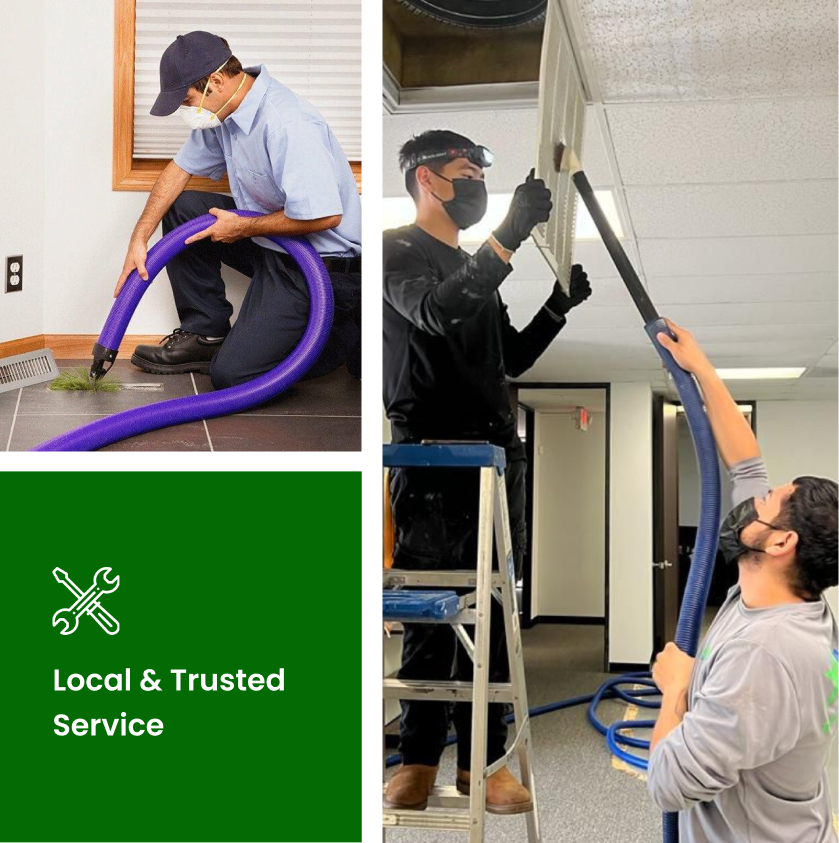Transform Your Space with Wood Paneling in Jourdanton: Style Meets Substance

Transform Your Space with Wood Paneling in Jourdanton: Style Meets Substance
Wood paneling has made a powerful comeback—and in Jourdanton, it’s redefining how homes and businesses express personality and comfort. Whether you’re a seasoned DIY enthusiast or simply looking to breathe new life into your interiors, wood paneling in Jourdanton offers an irresistible blend of warmth, texture, and timeless elegance.
design inspiration enhances both the aesthetic and acoustic value of your interior. With its natural charm and versatile design possibilities, wood paneling turns any space into a work of art.
Let’s dive into why this classic feature continues to shine in modern design, how it can elevate your space, and what makes our offerings at Slat Wood Panel Wall the ideal choice for your next transformation.
The Natural Allure of Wood Paneling
There’s something special about wood. Its organic texture, earthy tones, and natural grain patterns create a soothing environment that synthetic materials simply can’t replicate.
interior design brings out the natural warmth that only real wood can provide. In Jourdanton, wood paneling is more than just a trend—it’s a design staple that harmonizes tradition with innovation.
Why Wood Paneling Resonates
- Organic Warmth – It naturally softens spaces, making them feel more inviting.
- Textural Depth – Adds visual interest and architectural detail.
- Timeless Versatility – Works with rustic, modern, or transitional styles.
From cozy reading nooks to feature walls in dining rooms, wood paneling in Jourdanton has found its way into nearly every kind of setting.
Crafting Your Look with Wood Paneling in Jourdanton
Choosing the right wood paneling involves a bit of imagination and planning, but the results are always worth it. Here’s how to get started on your wall makeover.
Choosing the Right Wood
Not all wood panels are created equal. Depending on your design goals, you might opt for:
- Slatted panels for a sleek, Scandinavian vibe
- Reclaimed wood for eco-conscious charm
- Dark oak or walnut for a rich, luxurious feel
Coordinating with Your Space
Consider the following elements when planning:
- Lighting – Natural or artificial lighting can dramatically alter the panel’s tone.
- Color Palette – Choose complementary hues to enhance the wood’s texture.
- Room Function – A warm wood wall might suit a bedroom better than a sleek whitewashed finish in an office.
DIY or Pro?
Our panels are designed for easy installation, making them a great choice for DIYers. But if precision is key, professional installation ensures perfect alignment and lasting durability.
What Sets Us Apart in Jourdanton
We’re not just suppliers—we’re collaborators in your home improvement journey. At Slat Wood Panel Wall, we take pride in offering premium wood paneling in Jourdanton that balances beauty, quality, and ease of installation.
Our Difference
- Expert Craftsmanship – Every panel is carefully finished for longevity and aesthetic appeal.
- Tailored Selection – A wide range of styles for every taste, from rustic charm to modern minimalism.
- Customer Support – Our experts are ready to guide you at every step.
Style Ideas: Where to Use Wood Paneling in Jourdanton
Wondering where to start? Here are popular spots to integrate wood paneling:
- Accent Walls – Add dimension and personality to living rooms or bedrooms.
- Entryways – Make a memorable first impression with warm, welcoming textures.
- Home Offices – Elevate your productivity space with calming wood tones.
- Dining Rooms – Create intimate atmospheres with rich, elegant panels.
- Ceilings – Don’t overlook this area—wood paneling can make it dramatic and cozy.
Benefits of Using Wood Paneling in Jourdanton
Still on the fence? These perks might just win you over:
- Enhances property value
- Acts as insulation for noise and temperature
- Hides imperfections in walls
- Long-lasting and easy to maintain
- Adds character to any room
FAQs About Wood Paneling in Jourdanton
Q: Is wood paneling suitable for humid areas like bathrooms?
A: Yes, with proper sealing and ventilation, our wood panels work beautifully in moisture-prone areas.
Q: How do I maintain my wood panel walls?
A: Regular dusting and occasional polishing with wood-safe products keep them looking fresh.
Q: Can I paint over my panels later?
A: Absolutely! Our panels can be painted or stained to suit evolving styles.
Q: Is this a good option for rentals?
A: Yes—many of our panels are easy to install and remove, making them ideal for temporary upgrades.
Q: Where can I buy wood paneling in Jourdanton?
A: Right here with us at Slat Wood Panel Wall—your local experts in style and craftsmanship.
Why Jourdanton Residents Love Our Wood Paneling
Residents and businesses across Jourdanton are choosing our panels to add charm and sophistication to their spaces. Here’s what they appreciate:
- Locally sourced, high-quality materials
- Fast and reliable delivery across Texas
- Aesthetic options that match the heart of Texas design
- An investment that pays off in visual impact and durability
Ready to Transform Your Space?
Whether you’re giving a single wall a facelift or overhauling an entire room, our wood paneling in Jourdanton delivers beauty, quality, and a sense of handcrafted care. Tap into the rustic elegance or modern simplicity you’ve always wanted—right here in your hometown.
home renovation is perfect for anyone aiming to add texture and depth to their walls.
Let Slat Wood Panel Wall help bring your dream space to life. Browse our collection, get inspired, and take the first step toward a stunning interior.







